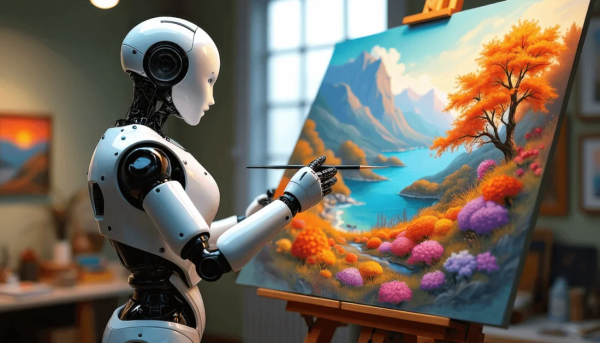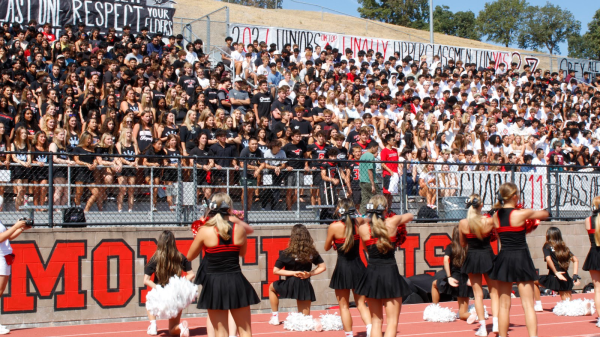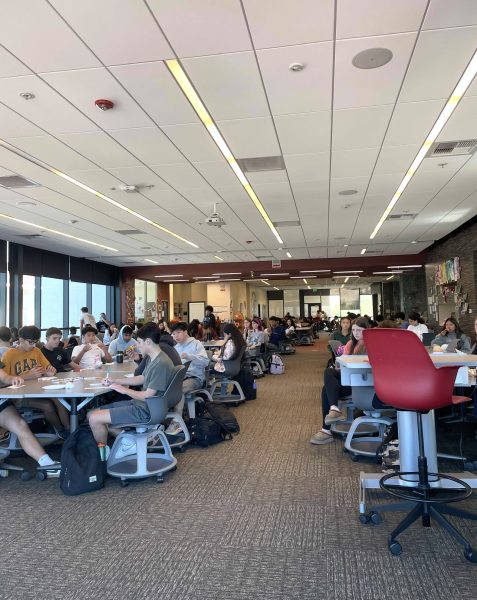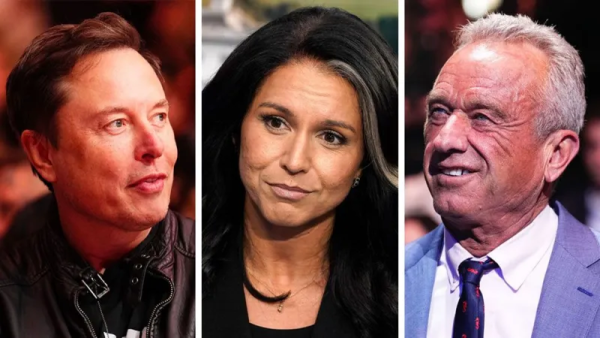Justifying jaundiced jesters

Many Asian creators have been gaining popularity through making racial jokes and playing into Asian stereotypes.
His only plans are probably to stay home and cook rice.
Steven He creates popular video content characterized by heavy East Asian accents and stereotypes. This brand of race-based humor may garner opposition from those who disapprove of joking about race, but if handled correctly, there is still potential for this type of humor to be innocuous and entertaining.
As a Chinese-American, I’ve often felt uncomfortable with people putting on an accent and pretending to be a stereotypical strict, Asian parent for the entertainment of their audience, Asian or otherwise. These jokes can be a step backward for racial inclusivity because it reinforces stereotypes, which is especially harmful to those who don’t consent to having those stereotypes reinforced or imposed on them.
“I worked at a tutoring center and some of the younger kids have really, really thick accents based on their heritage,” said Samay Bhasin, Vice President of the Asian Student Union at Monte Vista. “My worry for them is that when they go to school, they’re going to be around kids who have heard clips in much more comedic contexts that sound like them.”
Some of these jokes are made in poor taste, serving as more of a shock-inducing statement than well-thought-out comedy. Comments about squinty eyes and consumption of housepets are overdone and trivialize the significance of the fight against xenophobia. Although it is accepted that members of a certain community can joke about said community, a racist joke spoken by the victim still prolongs the lifespan of harmful, tired rhetoric.
These portrayals of bittersweet experiences create a feeling of kinship between content creators and their Asian audiences. While my parents barely have an accent, I interpret the foreign accent used by these creators as a manifestation of the cultural differences I share with my family. The guy with a towel on his head yelling at me to practice piano becomes a way for me to laugh at something that used to be frightening. I can shudder with all the other children of immigrants when a voice in Mandarin insults the answers on a palm sweat-stained math worksheet. I enjoy the innate understanding that shoes should never be worn inside the house and that measuring when cooking is a fool’s game. We gamble with the soy sauce.
Some stereotypes are true to an extent. For example, many Asian-American youths do feel pressured to reach academic excellence and make their families proud by pursuing a STEM profession.
What about non-Asian audiences? It could still be entertaining to hear an exaggerated representation of a character, as long as audiences are aware of the differences between an overdramatized version of a racial caricature and its real-life counterparts. Most should be able to tell that when Steven He acts as an Asian parent “flexing” the neurosurgery career of his nine-year-old son, it isn’t an accurate portrayal of all real Asian parents.
I’ve had my own experiences with race-based humor as an Asian-American and am writing from that perspective. There are, of course, other ethnicities that participate in racial comedy, but the conclusion from examining its motivations and possible consequences is the same: the way to keep this type of comedy progressive is to note the context in which the joke is made and be conscious of the potential ramifications of perpetuating certain stereotypes.

Zoe Qian is a senior in her second year on the Stampede. She is the Arts and Entertainment editor and...






